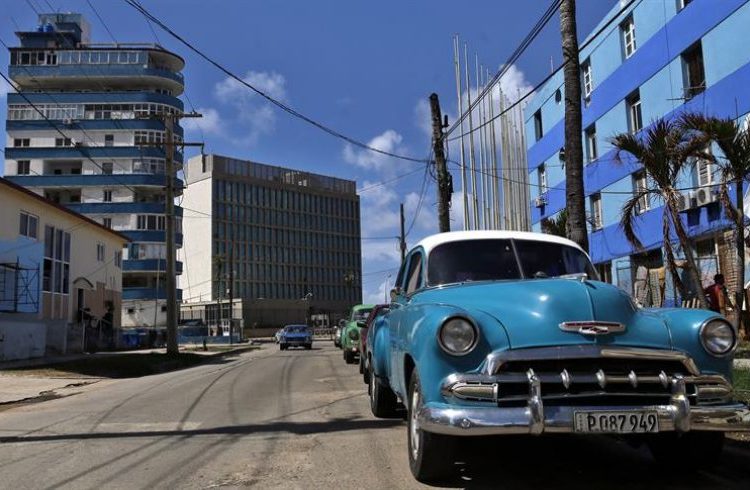The news of recent weeks about the progressive tension in bilateral relations between Cuba and the United States have led to many sectors’ rejection on both sides of the Straits of Florida.
James Williams, President of the Engage Cuba Coalition
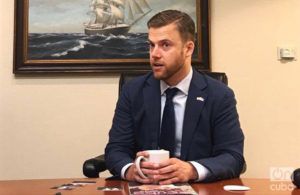
The security and the safety of all the diplomatic personnel in Cuba, and in any part of the world, is our country’s first priority. Whoever is behind these serious and inexcusable attacks against the U.S. diplomats must de arrested and brought to justice. We must be careful that our reply does not play into the hands of the perpetrators of these attacks, which clearly seek to interrupt the process of normalization of relations between our two countries. This could establish a dangerous precedent that could be used by our enemies throughout the world.
It is disconcerting that the Trump administration is using this delicate moment in the investigation to advice Americans against traveling to Cuba, given that none of these attacks have been directed against U.S. travelers.
We are also concerned about the Cuban people, which will be affected by this decision. Stopping the visa process in Cuba and discouraging Americans from traveling to Cuba will divide families and will damage the growing private sector, civil society groups and the efforts to improve human rights on the island.
The United States and Cuba must redouble efforts to resolve this mystery as soon as possible to keep our embassy personnel safe and continue advancing with the strengthening of relations between our two people.
Isabel Alfonso, President of Cuban-Americans for Engagement (CAFÉ)
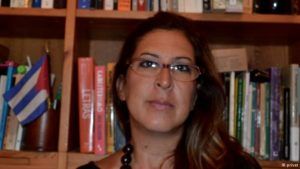 The withdrawal of diplomatic personnel from the U.S. embassy in Havana, the suspension of visas as well as the travel warning issued by the U.S. Department of State in response to the alleged sonic attacks that have affected U.S. (and Canadian) officials in Cuba, are unnecessary and counterproductive. Academic collaboration, people-to-people visits, the families and above all, the preservation of the dynamics of dialogue and exchange are aspects that will undoubtedly be affected by these measures.
The withdrawal of diplomatic personnel from the U.S. embassy in Havana, the suspension of visas as well as the travel warning issued by the U.S. Department of State in response to the alleged sonic attacks that have affected U.S. (and Canadian) officials in Cuba, are unnecessary and counterproductive. Academic collaboration, people-to-people visits, the families and above all, the preservation of the dynamics of dialogue and exchange are aspects that will undoubtedly be affected by these measures.
The Cuban government has given signs of total transparency and availability to carry out an exhaustive investigation regarding these attacks. It would be worthwhile asking oneself then who will benefit from these events, which have arrived as one more pause in the advance of relations between Cuba and the United States. It should be expected that the aforementioned investigation will bring to light these events of such illegitimate origin and that as a result, both nations continue strengthening their relations. History, however, shows that the conditions to establish a dialogue among equals are still absent. Now more than ever before.
Carlos Alzugaray, Former diplomat and independent political analyst
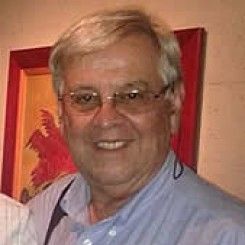 The recent measures taken by the United States in relation to its embassy in Cuba are extremely damaging and are based on very questionable arguments, makeing it suspicious that those sectors wanting to roll back the achievements attained since the agreement between Raúl Castro and Barack Obama on December 17, 2014, although they are a minority, have obtained an important success.
The recent measures taken by the United States in relation to its embassy in Cuba are extremely damaging and are based on very questionable arguments, makeing it suspicious that those sectors wanting to roll back the achievements attained since the agreement between Raúl Castro and Barack Obama on December 17, 2014, although they are a minority, have obtained an important success.
The official communiqué seems to indicate that the current administration is interested in maintaining diplomatic relations with Cuba but has evidently ceded to the pressures of the senators who had demanded not just the closing of the embassy in Cuba but also that of Cuba in Washington. This reduction of personnel makes it difficult to maintain cooperation between both countries and can have a very damaging effect on the migration agreement, one of the most important of the existing 22 between both countries.
On the other hand, the Department of State, although it exonerates Cuba of responsibility for the so-called “acoustic attacks,” has not given conclusive proof that they actually took place.
We know that for almost 60 years the U.S. policy toward Cuba has not worked. The solution is painful for many, but necessary. We should turn the page and write a new chapter and not continue a strategy of absolute failure.
Mike Fernández
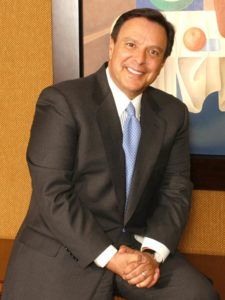 After the Vietnam War, in which more than 58,000 U.S. soldiers died and in which close to 1,000,000 Vietnamese died or were left handicapped, the pain was difficult to understand. The solution to that tragedy was: or continue the embargo against Vietnam, which obliged them to move deeper toward the historic enemies of the United States, or to negotiate an agreement. The first was not an option. But to implement the second dialogue and the courage to turn the page was needed. This required courage and humility by both sides, and that’s how it was achieved.
After the Vietnam War, in which more than 58,000 U.S. soldiers died and in which close to 1,000,000 Vietnamese died or were left handicapped, the pain was difficult to understand. The solution to that tragedy was: or continue the embargo against Vietnam, which obliged them to move deeper toward the historic enemies of the United States, or to negotiate an agreement. The first was not an option. But to implement the second dialogue and the courage to turn the page was needed. This required courage and humility by both sides, and that’s how it was achieved.
Nowadays Vietnam is not a democratic or capitalist country in its structure. But its economy is the most growing in the region if measured according to capitalist measures.
We know that for almost 60 years American policy toward Cuba has not worked. And we know that the policy of the Cuban government against its people has been a failure. The solution is painful for many, but necessary. We should turn the page and write a new chapter and not continue a strategy of absolute failure.
William LeoGrande, U.S. political scientist, specialist in Latin America and Cuba
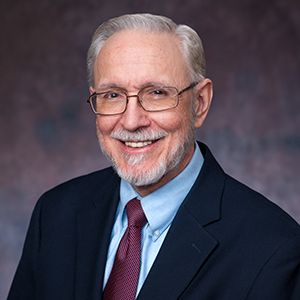
I think the decision to issue a travel advisory and to suspend visa processing will harm U.S.-Cuban relations. The suspension of visa processing will hinder cultural and educational exchanges in ways that harm civil society in both countries. It appears that this disproportionate response is a consequence of the Trump administration’s general opposition to engagement with Cuba.
Rainer Schultz, Director of the Consortium of Advanced Studies Abroad (CASA), Cuba Divisional Center
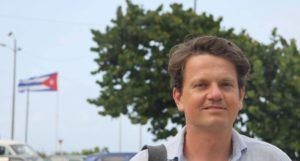 I was surprised by the U.S. government’s decision to advise persons on traveling to Cuba.
I was surprised by the U.S. government’s decision to advise persons on traveling to Cuba.
Our academic program, with 10 high-ranking U.S. universities that facilitate study and research in Cuba in cooperation with Casa de las Américas, has had more than 120 students in Cuba. We were here when President Obama arrived. We have felt safe.
We evacuated our students because of the dangers related to Hurricane Irma. Now we are back in Cuba and we have resumed classes. Except for the necessary recoveries and problems linked to the hurricane, I see normality and tranquility in Havana. I have been in hotels where the diplomats were evacuated and I had never seen so much tranquility.
I wish more U.S. citizens and authorities could see the real situation here to reassure themselves and not act in a hasty and exaggerated way.
Jessee Horst, Director of a United States / Cuba academic exchange program
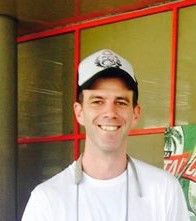 The news of these alleged attacks sounds a bit like a spy novel, so it is full of intrigue and shock value. But as an American residing in Havana, I don’t feel threatened. I love Havana, and the officials here are more than devoted to my safety. The reports are about isolated incidents in one of the safest capitals in the hemisphere – something that has not changed at all. I have no plans to leave, just like I wouldn’t leave if there were a traffic accident somewhere.
The news of these alleged attacks sounds a bit like a spy novel, so it is full of intrigue and shock value. But as an American residing in Havana, I don’t feel threatened. I love Havana, and the officials here are more than devoted to my safety. The reports are about isolated incidents in one of the safest capitals in the hemisphere – something that has not changed at all. I have no plans to leave, just like I wouldn’t leave if there were a traffic accident somewhere.
TN: Some quotes were retranslated from the Spanish.

